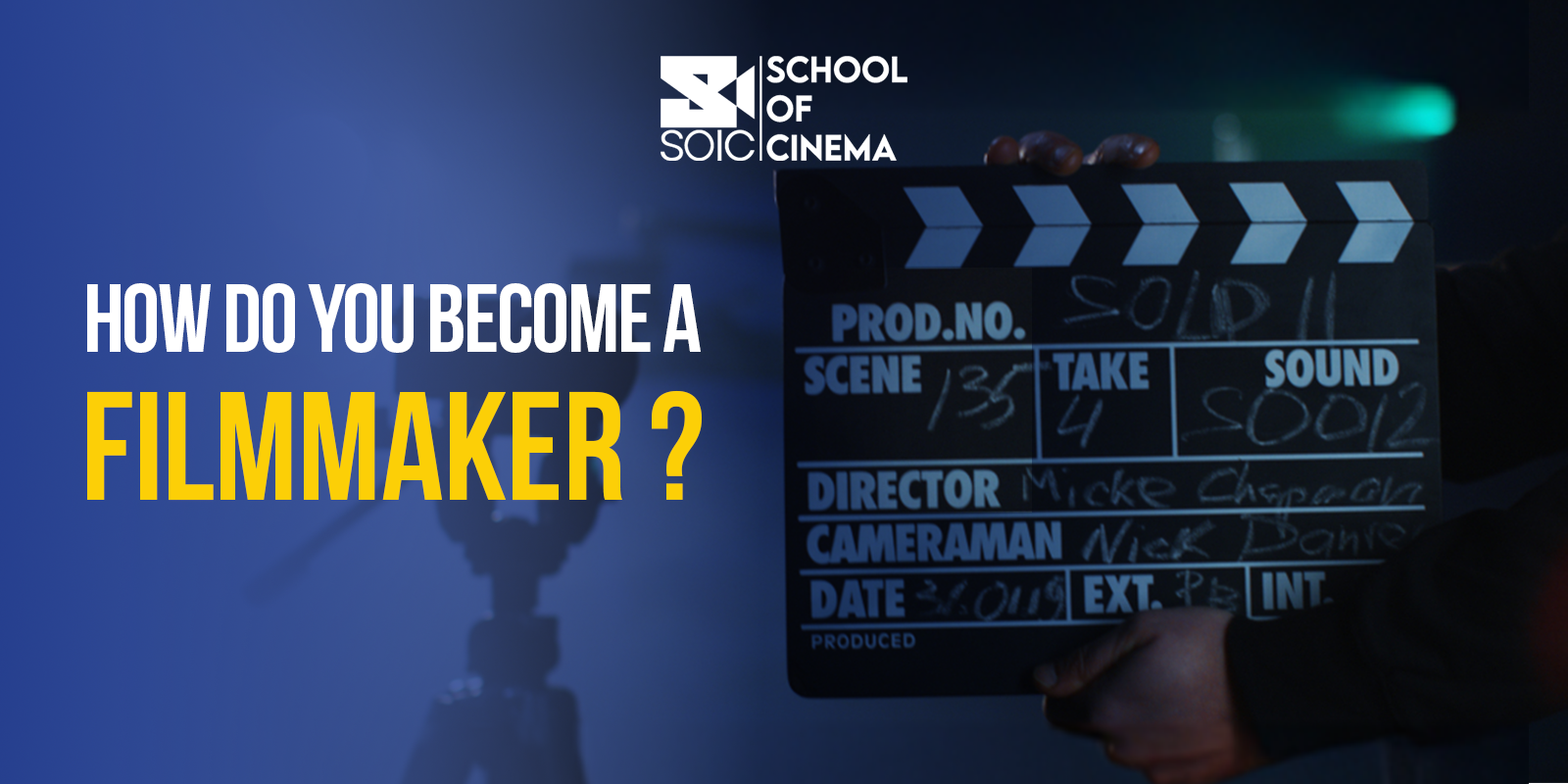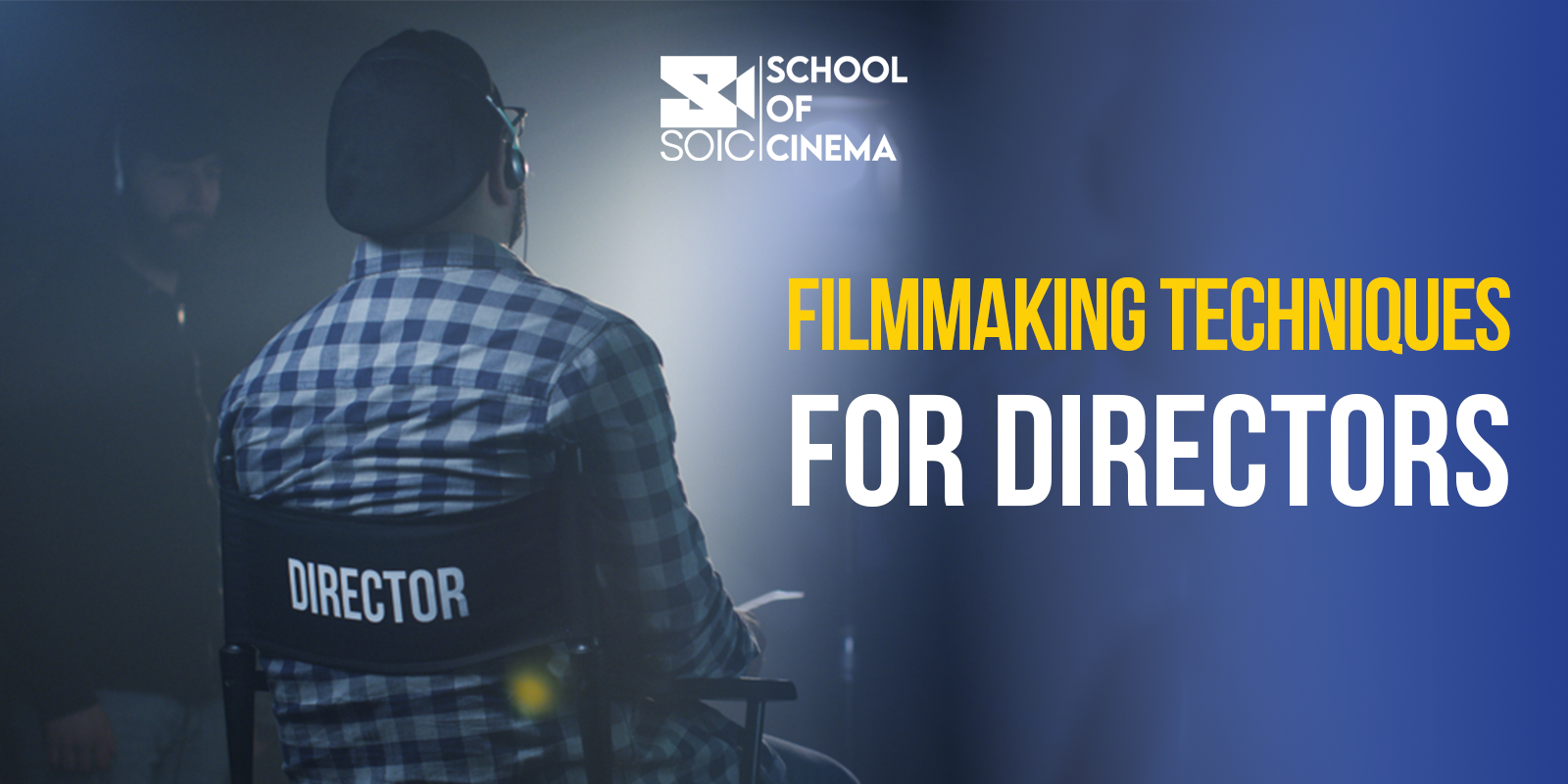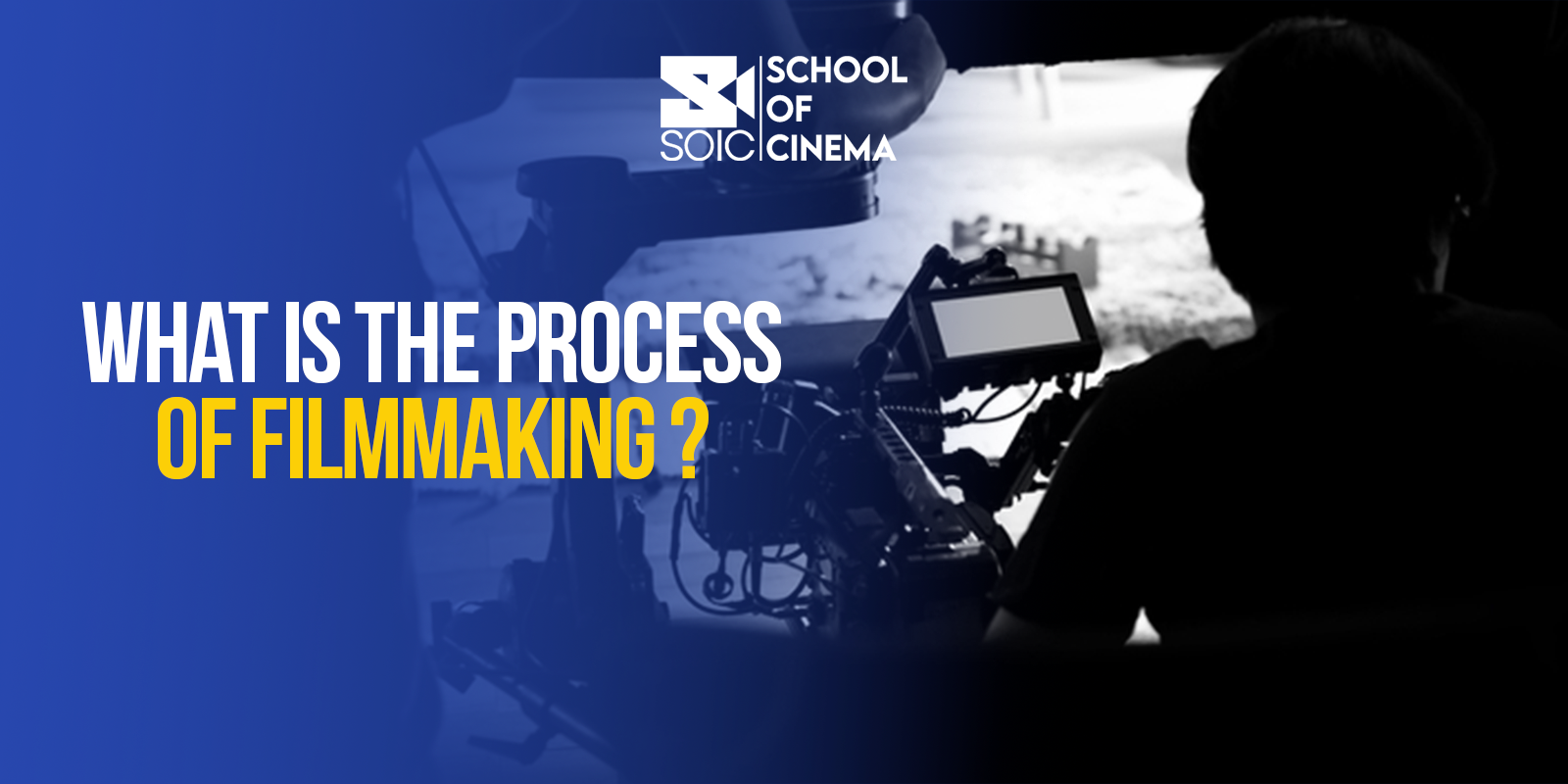
filmmaking is a captivating profession that blends creativity, technical skills and storytelling to create impactful visual narratives . For aspiring filmmakers, the path to success requires passion, dedication and a well-planned strategy . In this article, we will explore how to become a filmmaker, breaking down the essential steps to master the business of filmmaking .
Understanding Filmmaking : The Foundation
Before embarking on the journey, it is crucial to understand what filmmaking entails . It is more than just directing movies, it encompasses storytelling, visual composition, sound design and production management . Filmmakers must also understand audience preferences and market trends to create content that resonates .
Developing a passion for storytelling
As it's core, Filmmaking is about storytelling . Great filmmakers draw inspiration from real-life events, books, art and personal experiences . To refine this skill :
- Watch diverse films to understand different genres and techniques .
- Analyze how directors convey emotions through visuals and sound .
- Practice crafting short stories that could translate into compelling scripts .
A passion for storytelling sets the foundation for a successful career in filmmaking .
Formal Education vs. Self-Learning in Filmmaking
While formal education in filmmaking is not mandatory, it can provide valuable technical knowledge and networking opportunities . Options include :
- Film Schools : Programs focus on screenwriting, directing, cinematography and editing .
- Workshops and Courses : Short-term options that focus on specific aspects of filmmaking .
Alternatively, self-taught filmmakers can learn through online tutorials, books and hands-on-practice . Platforms like YouTube, MasterClass, Coursera and Soic offer comprehensive resources for budding filmmakers .
Building Technical Skills in Filmmaking
Mastery of technical tools is essential in filmmaking . Key areas to focus include :
- Camera Operation : Learn about framing, lighting and angles .
- Editing Software : Tools like Adobe Premiere Pro, Final Cut Pro, DaVinci Resolve are industry standards .
- Sound Design : Understand the importance of clear dialogue, sound effects and background scores .
Practical experience with these tools enhances your ability to execute your creative vision .
Creating a Portfolio : Your Filmmaking Showcase
A portfolio demonstrates your skills and potential to clients or employers . Start small :
- Create short films, documentaries or promotional videos .
- Experiment with various genres to showcase versatility .
- Collaborate with local artists or organizations to gain experience and build connections .
A strong portfolio is a stepping stone to professional opportunities in filmmaking .
Networking : The Backbone of Filmmaking Careers
Success in filmmaking often depends on who you know . Networking helps you connect with industry professionals, mentors and collaborators . To build your network :
- Attend film festivals and workshops .
- Join filmmaking communities and online platforms .
- Engage with professionals on platforms like LinkedIn and Instagram .
Strong connections can lead to metorships, collaborations and job offers .
Gaining Hand-On Experience in Filmmaking
Experience is the best teacher in filmmaking . Start by working on small-scale projects or volunteering on film sets . Roles such as production assistant or camera operator provide valuable insights into the industry's workings .
Over time, these experiences will improve your technical expertise, problem-solving skills, and understanding of film production workflows .
Finding Your Unique Voice in Filmmaking
Great filmmakers stand out by bringing their unique perspective to their work .
- Reflect on what stories you want to tell and why .
- Develop a signature style that sets your films apart .
- Stay open to experimenting with innovative techniques and themes .
Authenticity and originality are highly valued in the world of filmmaking .
Exploring Career Paths in Filmmaking
The filmmaking industry offers diverse career paths beyond directing . Aspiring filmmakers can explore roles such as :
- Cinematographer : Focuses on the visual aspects of a film .
- Editor : Assembles raw footage into a cohesive story .
- Producer : Oversees the financial and logistical aspects of film production .
- Screenwriter : Crafts the screenplay and dialogue .
Understanding these options helps you specialize in areas aligned with your skills and interests .
Staying Updated with Filmmaking Trends
The filmmaking industry evolves rapidly, driven by advancements in technology and audience preferences . Stay updated by :
- Following industry blogs and news .
- Learning emerging technologies like virtual production, Unreal Engine and AI in Filmmaking .
- Watching award-winning films to understand current trends .
Adapting to change ensure your relevance in the competitive world of filmmaking .
Challenges and Rewards in Filmmaking
Filmmaking can be demanding, requiring perseverance and adaptability . Challenges include tight budgets, creative differences and technical glitches . However, the rewards seeing your vision come to life and impacting audiences, make the journey worthwhile .
Conclusion : Turning Passion into a Filmmaking Career
Becoming a filmmaker is a journey of learning, experimenting and growing . From mastering technical skills to crafting compelling stories, every step brings you closer to your goal . Embrace the challenges, celebrate the successes and never stop exploring the limitless possibilities of filmmaking . With dedication and creativity , you can carve out a fulfilling career in this dynamic industry .
Comments (0)
Categories
Recent posts


What Is the Process of Filmmaking?
24/11/2024
How Do I Start Learning Filmmaking ?
26/11/2024
Developing Egypt's VFX Industry: A ...
3/12/2024



